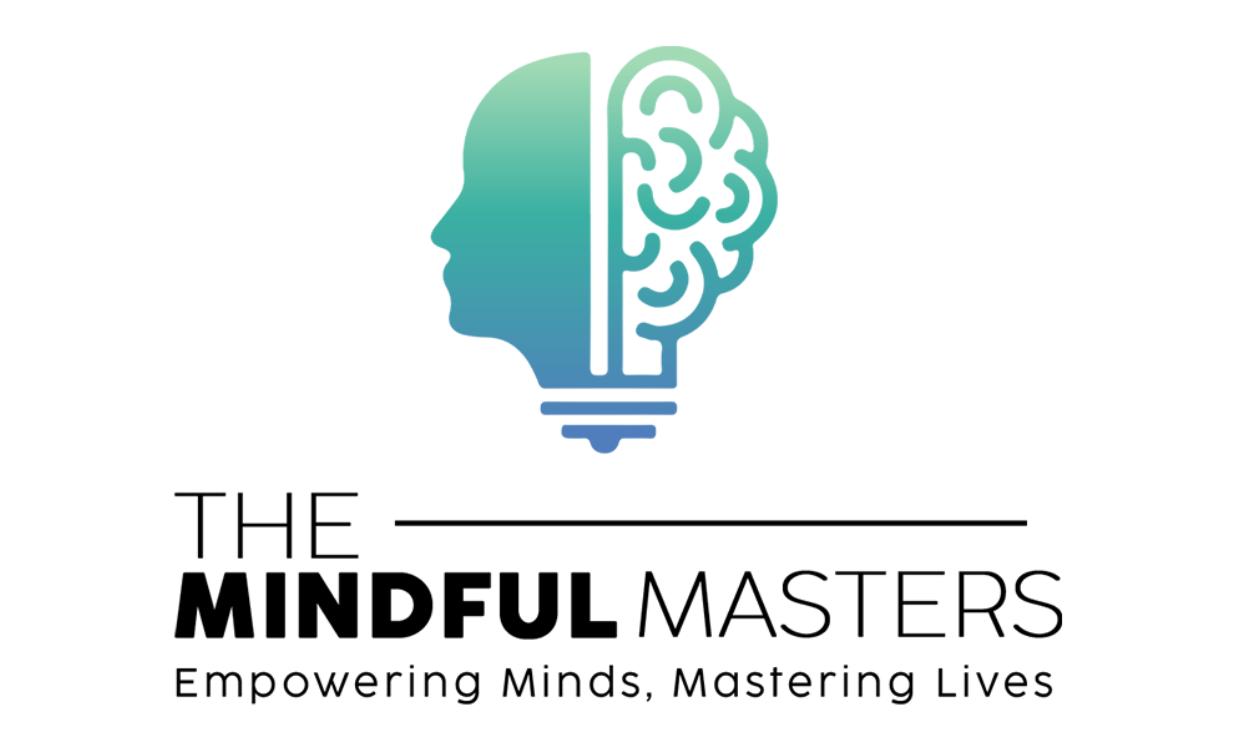Table of Contents
- Introduction
- Understanding Emotional Apathy
- The Importance of Emotional Intelligence
- Strategies to Develop Emotional Intelligence
- Cultivate Self-Awareness
- Practice Empathy
- Enhance Communication Skills
- Manage Stress and Emotions Effectively
- A Story of Transformation: Overcoming Emotional Apathy
- Pros and Cons of Emotional Intelligence Development
- Questions to Reflect On
- Practical Tips for Implementing Change
- Free Resource: Downloadable Emotional Intelligence Guide
- Conclusion
- About the Author
Introduction
In today’s fast-paced world, emotional apathy—feeling disconnected or indifferent—can easily become a coping mechanism. But this disconnection often leads to deeper issues, such as strained relationships, reduced job satisfaction, and a general lack of fulfillment. Emotional intelligence (EI), however, offers a way out. According to the American Psychological Association, individuals with high emotional intelligence are better equipped to manage stress and maintain positive relationships. In this article, we’ll explore how you can transition from emotional apathy to emotional intelligence and unlock a more connected, fulfilling life.
Understanding Emotional Apathy
Emotional apathy is more than just feeling “numb” or “checked out.” It’s a state of emotional disconnection where you may feel indifferent to your surroundings, relationships, and even your own emotions. While it might seem like a protective mechanism, emotional apathy can have long-term negative effects on your mental and emotional well-being. According to a study published in the Journal of Clinical Psychology, prolonged emotional apathy can lead to issues like depression and anxiety, further isolating individuals from meaningful experiences.
Curious about how emotional apathy manifests in daily life? Discover the signs and symptoms [here].
The Importance of Emotional Intelligence
Emotional intelligence is the ability to recognize, understand, and manage your own emotions, as well as the emotions of others. It plays a crucial role in personal and professional success. According to research by Daniel Goleman, author of the groundbreaking book Emotional Intelligence, EI is responsible for 58% of performance in all types of jobs. Moreover, people with high emotional intelligence are more likely to have better mental health, job performance, and leadership skills.
Want to learn more about the impact of emotional intelligence on success? Explore the benefits [here].
Strategies to Develop Emotional Intelligence
- Cultivate Self-Awareness
Self-awareness is the foundation of emotional intelligence. It involves recognizing your emotions and understanding how they influence your thoughts and actions. Start by paying attention to your emotional responses throughout the day. Journaling your feelings and reflecting on them can also help you become more aware of your emotional patterns.
Wondering how to cultivate self-awareness effectively? Learn the technique [here].
- Practice Empathy
Empathy is the ability to understand and share the feelings of others. It’s a key component of emotional intelligence that fosters connection and trust in relationships. Practice empathy by actively listening to others and putting yourself in their shoes. According to a study by the University of Michigan, individuals who regularly practice empathy report higher levels of relationship satisfaction.
Discover how to enhance your empathy skills [here].
- Enhance Communication Skills
Effective communication is essential for expressing emotions clearly and understanding others. Practice active listening, where you fully focus on the speaker, and respond thoughtfully. This not only improves your communication but also strengthens your relationships.
Curious about improving your communication skills? Explore strategies [here].
- Manage Stress and Emotions Effectively
Managing your emotions, especially in stressful situations, is a critical aspect of emotional intelligence. Techniques like mindfulness, deep breathing, and progressive muscle relaxation can help you stay calm and focused during challenging times.
Want to know how to manage stress and emotions more effectively? Discover the methods [here].
A Story of Transformation: Overcoming Emotional Apathy
Let me share a story of a client named Ravi, who struggled with emotional apathy. Ravi was a successful professional, but he felt emotionally disconnected from his work, family, and friends. He described his life as “going through the motions” without truly feeling anything.
During our first coaching session, I asked Ravi, “What emotions do you feel most often?” This question was aimed at helping him identify the extent of his emotional apathy. Ravi realized that he rarely felt any strong emotions—positive or negative.
Want to learn how to identify emotional apathy? Click [here] to explore the technique.
We began working on cultivating self-awareness. I introduced Ravi to a mindfulness exercise where he observed his emotions without judgment. Over time, he became more attuned to his feelings and started recognizing patterns in his emotional responses.
Curious about how mindfulness can enhance self-awareness? Discover the details [here].
Next, we focused on empathy and communication. I asked him, “How can you better connect with the people in your life?” Ravi started practicing active listening and empathy in his interactions. As a result, he noticed a significant improvement in his relationships.
In our final sessions, we worked on managing stress and emotions. Ravi learned to use deep breathing techniques to stay calm in stressful situations, which helped him manage his emotions more effectively.
By the end of our coaching program, Ravi had transformed from someone emotionally disconnected to an individual who was more in tune with his emotions, empathetic towards others, and capable of managing stress. He reported feeling more fulfilled in his personal and professional life.
Pros and Cons of Emotional Intelligence Development
Developing emotional intelligence has numerous benefits, but it also comes with challenges. Let’s explore the pros and cons:
Pros:
- Improved Relationships: High emotional intelligence leads to better communication and stronger relationships.
- Enhanced Decision-Making: Being in tune with your emotions helps you make more informed decisions.
- Better Stress Management: Emotional intelligence provides tools to manage stress effectively.
Cons:
- Time-Consuming: Developing emotional intelligence requires consistent effort and practice.
- Emotional Overwhelm: Becoming more aware of your emotions can sometimes lead to feeling overwhelmed.
- Vulnerability: Practicing empathy and openness can make you feel vulnerable.
Questions to Reflect On
- How do you currently manage your emotions in stressful situations?
- What steps can you take to improve your emotional intelligence?
- How can you apply empathy and active listening in your daily interactions?
Practical Tips for Implementing Change
- Start Small: Focus on one aspect of emotional intelligence, like self-awareness, and gradually build your skills.
- Practice Daily: Incorporate mindfulness and empathy exercises into your daily routine.
- Seek Feedback: Ask for feedback from trusted individuals to help you identify areas for improvement.
Free Resource: Downloadable Emotional Intelligence Guide
As a thank you for reading, we’re offering a free downloadable guide on developing emotional intelligence. This guide provides practical tips and exercises to help you enhance your emotional intelligence and improve your relationships. Click [here] to download now and start your journey to emotional growth!
Conclusion
Transitioning from emotional apathy to emotional intelligence is a transformative journey that can significantly improve your life. By cultivating self-awareness, practicing empathy, and managing your emotions effectively, you can build stronger relationships, make better decisions, and lead a more fulfilling life. Remember, emotional intelligence is not a destination but a continuous journey of growth and self-discovery.
Ready to develop your emotional intelligence? Our coaching sessions offer personalized guidance to help you on your journey. Book your session [here] and start transforming your life today.

About the Author
Tapan Gupta is a Master Coach and the founder of The Mindful Masters. With a deep understanding of mindfulness, emotional intelligence, and personal growth, Tapan has guided countless individuals on their journey to self-discovery and transformation. His approach is rooted in practical mindfulness techniques that empower his clients to overcome challenges and achieve their fullest potential.

About the Author
Tapan Gupta is a Master Coach and the founder of The Mindful Masters. With a deep understanding of mindfulness, emotional intelligence, and personal growth, Tapan has guided countless individuals on their journey to self-discovery and transformation. His approach is rooted in practical mindfulness techniques that empower his clients to overcome challenges and achieve their fullest potential.
Find me on:
Related Blogs
Before That Interview or Date, Talk to Yourself Like This
The way you talk to yourself before important moments like interviews or dates can make a huge difference in how…
Scrolling Too Much? Mindfulness Might Be Your Exit Plan
Endless scrolling through social media might feel like a harmless way to pass time but it actually takes a heavy…
Your Emotions Are Costing You Energy—Here’s How to Handle Them
Emotions like stress, anger and anxiety can quietly drain your mental and physical energy without you even noticing. When emotions…
Tired of Overthinking Everything? Try These NLP Mind Hacks
Overthinking isn’t just a habit as it’s a mental loop that hijacks your peace. Whether it’s replaying awkward conversations, doubting…
What Self-Coaching Really Means (And Why It Matters)
Sometimes, even when you’re putting in all your effort, you still feel stuck — and that’s okay. As a coach,…
Ask These 5 Questions Before Making Decisions: A Guide to Clarity and Confidence
Before making any significant decision, ask these five essential questions to ensure your choices align with your values and long-term…





